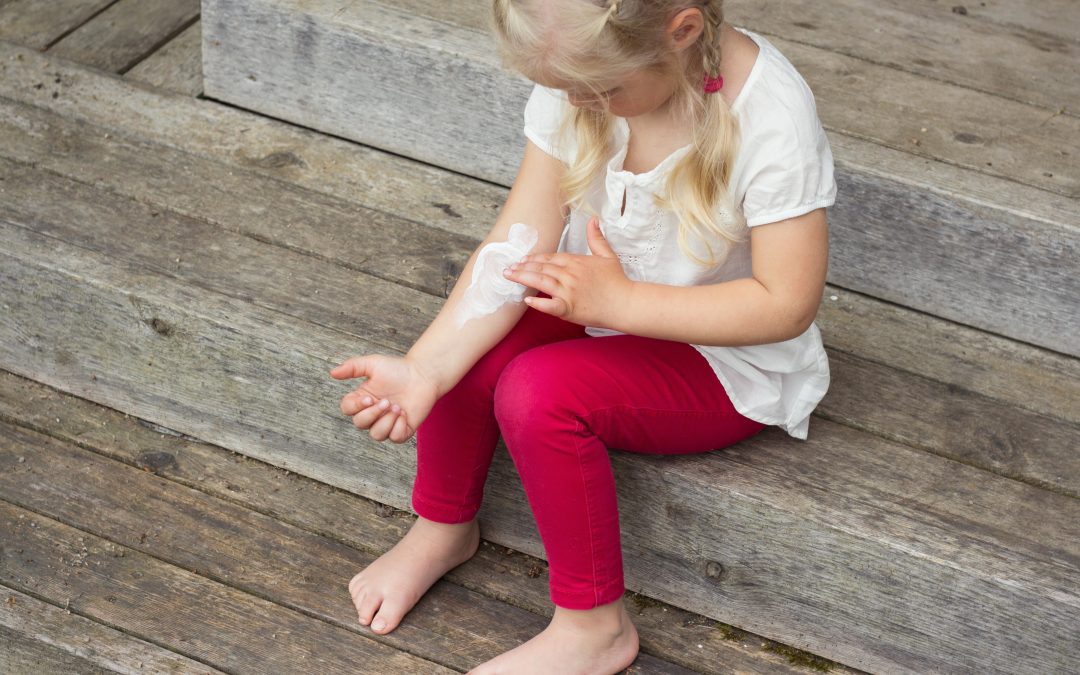Rosacea is characterized by redness of the cheeks, nose, chin, and/or forehead that lasts long-term. On rare occasions, it can even impact the scalp, neck, ears, and chest. It may also have acne-like lesions, skin thickening, and eye changes.
Diagnosis
Your dermatologist can diagnose rosacea. If you notice redness on your face that just doesn’t go away or any of the other signs of rosacea, make an appointment with your dermatologist. They will perform an exam to not only diagnose it but develop a plan to treat and manage symptoms as well.
Treatment options
There are many treatment options available to help you manage your rosacea symptoms.
- Prescription medications. Available in both pill and topical forms, these can help reduce redness in the face. If you have acne-like bumps as part of your rosacea, topicals and medications can help manage these.
- Laser and light therapies. Treatments such as BBL and microdermabrasion can also improve signs of rosacea. These treatments help decrease facial redness and the appearance of blood vessels in the face. You’ll likely need continued treatments to give you the best results and to maintain them.
- If your rosacea has caused skin thickening, surgical therapy may be an option for you as well. This uses a carbon dioxide laser to improve your appearance.
When you meet with your dermatologist, they will determine the best treatment option for you and discuss it with you. Don’t be afraid to ask questions at that appointment, or later as they come to you.
Charlotte, NC residents who are dealing with rosacea can find help at Dermatology Specialists of Charlotte. Our team will work to find the best treatment options for you to help you manage your rosacea. Contact us today to schedule a consultation or with any questions you may have.
Contact Dermatology Specialists of Charlotte, Charlotte’s top Ballantyne and Blakeney Dermatologist, for your dermatology care.

